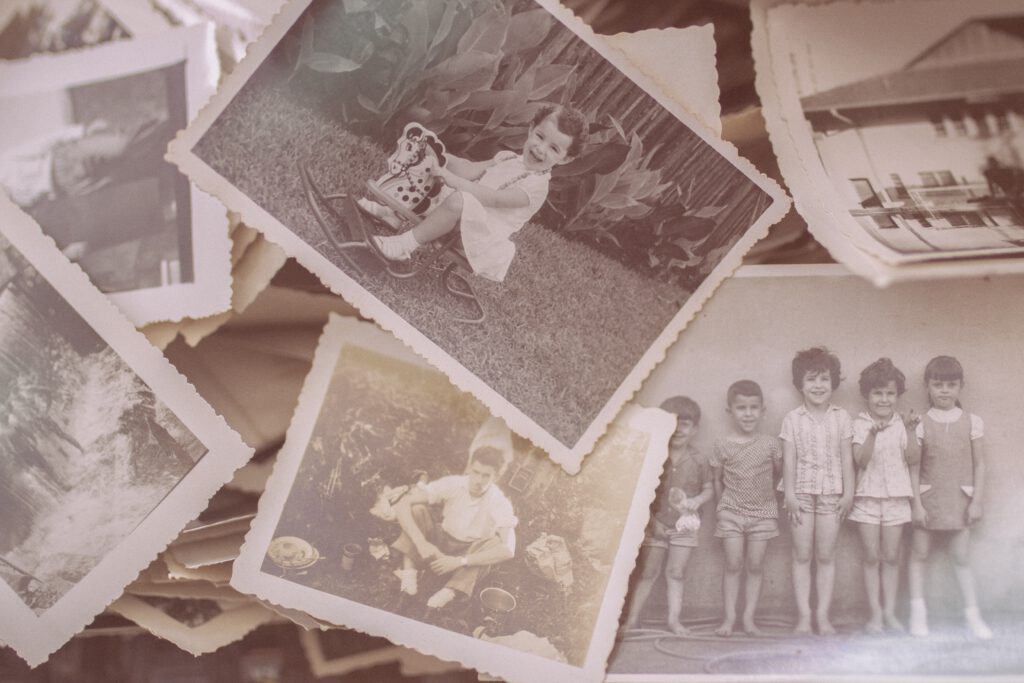How to find grief counselling

In an ideal world, we get to say goodbye to our parents with love and kindness in the most peaceful of settings as they drift gently away.
But that’s not the reality for many of us. Circumstances and conditions often make our parting painful and difficult. Dementia regular delivers a long-drawn-out loss of a parent, while lockdown has separated many from their parents for months until their final decline.
What many of us are left with are regrets, anger, frustration and a massive sense of loss.
My experience and that of many people I know is that grief – and guilt – can stay with you forever, but it can become manageable. But in the early stages of loss, those feelings can seem unbearable.
So how do we deal with that grief?
Pre-Covid, an immediate suggestion would be to talk to your GP. But it’s not so easy to talk about difficult feelings on a video or telephone call as it is face to face. And because NHS services are suffered during the pandemic, people are reporting that it can take a year to be seen by the grief counselling service. That might be useful in the long term, but we need to look elsewhere for more urgent help.
NHS services
If you do want to use free NHS services, then you can self-refer online for psychological therapies IAPT), called talking therapies, locally. These can include workbooks with support from counsellors and cognitive behavioural therapy (CBT). While you are likely to get an initial response within a couple of weeks, waiting times for the service vary. This isn’t aimed specifically at grief, but can offer help with mental health issues such as depression and anxiety.
It would be worth separately looking at the NHS information that is geared specifically to grief after bereavement. This offers some simple advice about assessing and talking about your feelings, getting some sleep and help with mental wellbeing.
Charities – especially Cruse
Away from the NHS, the charity that most people connect with bereavement counselling is Cruse Bereavement Care. The website offers plenty of information to get started, and a springboard for chatting or calling to trained bereavement volunteers and counsellors, and accessing local services. The helpline number is 0808 808 1677 (or 0808 802 6161 in Scotland), but do note that it is not open 24 hours, and has been very busy during the pandemic. There’s also the possibility of more personalised local bereavement sessions, via phone, video (and in person) when it’s safe, but again there is a waiting list in most areas.
Cruse also offers an excellent downloadable booklet that talks about the loss of a parent. It takes a look at some important subjects – your own feelings when a parent dies, the effect on family relationships, and changes in how we see ourselves and those around us.
Some other charities also offer some form of free bereavement support. You could take a look at:
- Sue Ryder online bereavement support
- Macmillan Support line on 0808 808 00 00
- The Good Grief Trust, run by people who have been bereaved for the bereaved
- Hub of Hope mental health support network
Personal counselling
If you able to pay for therapy, you could look at the BACP counselling directory or the Counselling Partnership, which charges according to your ability to pay. These are not specifically grief counselling services, but the counsellors have received training.
Where else?
Local hospices often have outreach services that may offer counselling.
Community groups such as churches may well be able to offer some form of support.
Urgent help
If you need help as a matter of urgency, you can:
- Contact a local NHS urgent mental health helpline if you are in England
- Call the Samaritans on 116 123
Author Kathy Lawrence is editor of When They Get Older
Image Photo by Rodolfo Clix from Pexels

